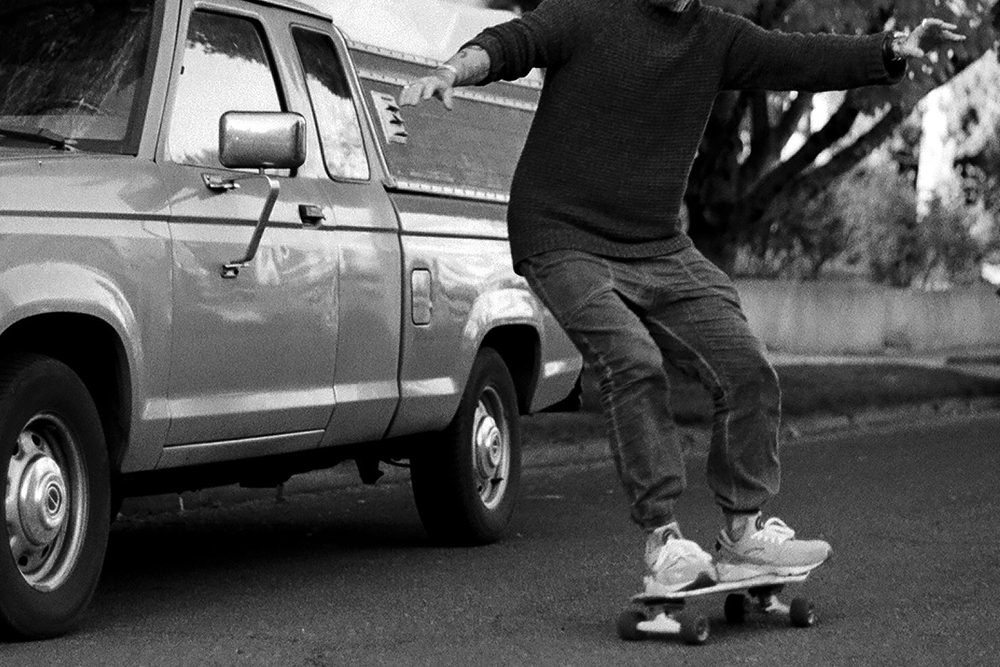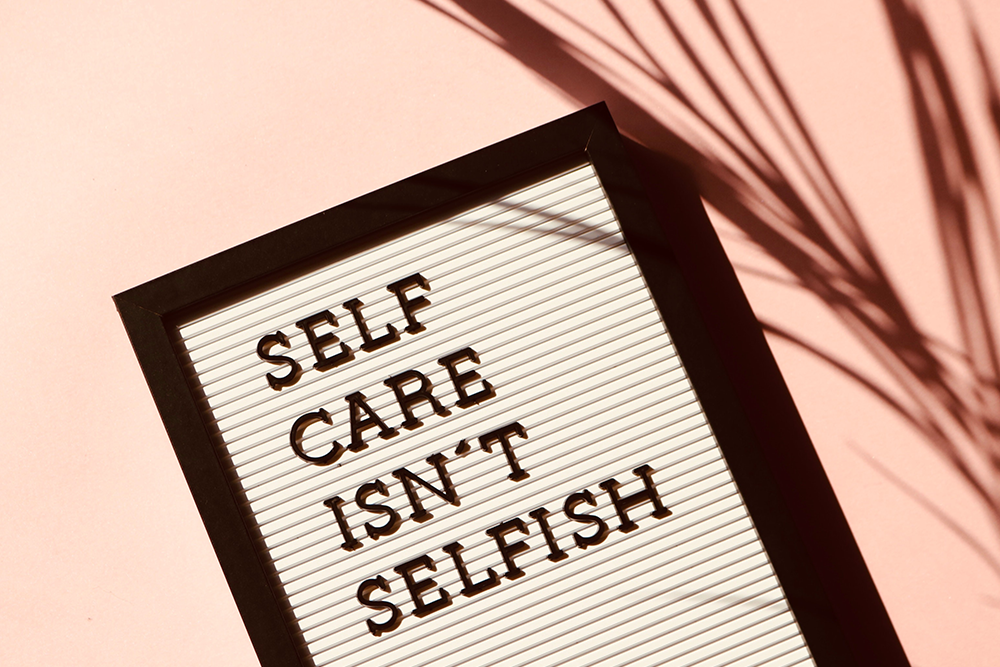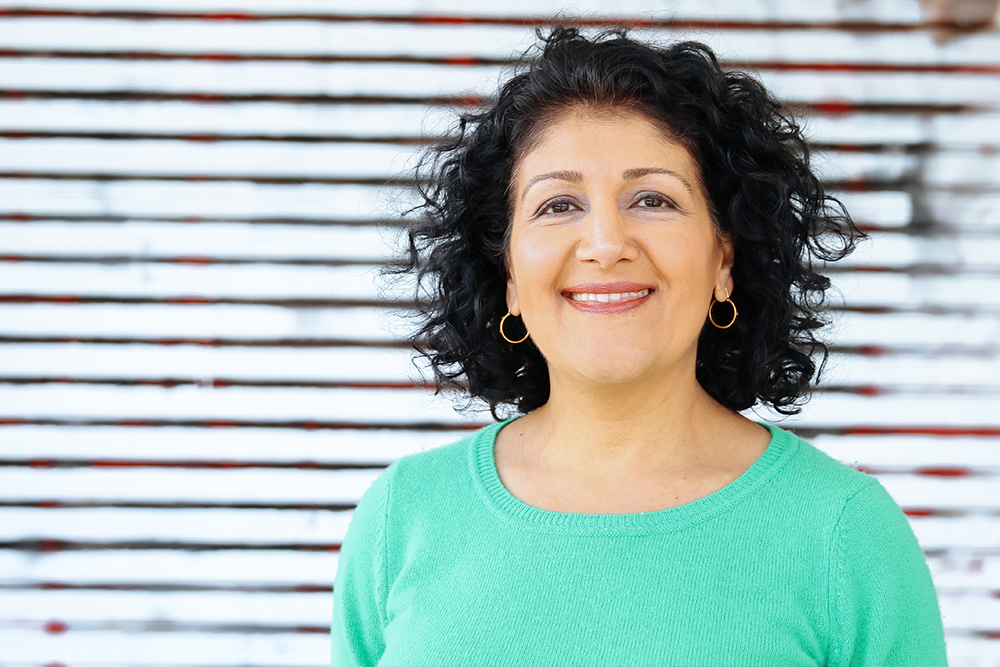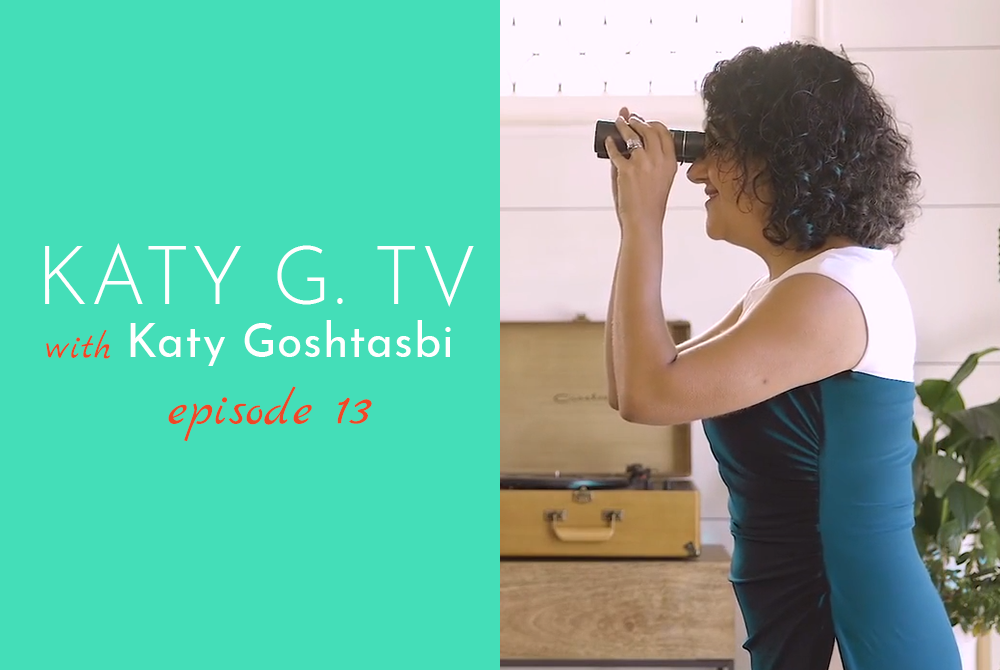Written by Katy Goshtasbi
Posted on: July 29, 2020
Share This

As published in ThriveGlobal
It was a beautiful and sunny Saturday morning. Covid-19 is still raging in California. My husband and I slept in. He made me my favorite pancakes for breakfasts. I have always loved pancakes. As I’ve gotten older, I now appreciate Keto pancakes- just as fulfilling, less likely to add girth to me.
After breakfast, we decided to go for our walk. Since Covid-19, we feel like we have to get out and get exercise somehow, so walks are the natural choice. Since we can’t really be around other people, being outside walking makes the most sense.
We had gotten tired of walking in our own subdivision, so we decided to venture out into a new subdivision in our neighborhood.
We put on our fancy Saturday workout clothes. We took our dog and some water and drove to a subdivision about 5 minutes from our own. We parked the car on the main street in the subdivision. We picked a shady spot that wasn’t in front of anyone’s home. As we stepped out, I noticed a gentleman across the street. He was standing in his garage and he was looking at us. It must have been about 30 feet away. I didn’t think anything of it.
As we started walking, My husband asked a familiar question about price of homes in this subdivision. We are wondering these days what home prices are doing in our little world. We really liked this particular subdivision. I suggested that he Google the price of one of the homes as we walked by- just to check and see. Accepting my suggestion, he produced his cell phone and proceeded to speak into the phone an address from one of the homes we were walking in front of.
We then walked around for an hour. There were several other people out walking on this sunny Saturday morning at 10am. In fact, there was an older man, 6 foot 5inches-ish, well-built and stocky riding his electric skateboard around us. It seemed like everywhere we went, he was there. Again, I thought nothing of it.
When we got back to our car, the man across the street in his garage started walking towards us. It’s as if he was waiting for us to return. He looked upset. I then realized this was the same man that was on the electric skateboard.
He approached my husband and inquired if he could ask us a question. We replied in a friendly and curious voice, “sure”. He then asked us why we had pulled out a phone and spoken into it as we walked by the neighbor’s home.
My husband replied that we were neighbors a few subdivisions up. We had gotten tired of walking in our own neighborhood and decided to walk in this subdivision that we really liked. We were wondering about home prices here. He seemed instantly relieved. As he walked away, he said, “you would have done the same if I was in your neighborhood”. My husband and I paused and thought about it. We kindly replied, “maybe”.
What I learned
I have experienced much discrimination and racism. Growing up in Indiana as a refugee, I didn’t exactly look like everyone else. Kids were mean and not accepting. I know how it feels to be singled out. I know the pain and confusion well.
After this experience on Saturday, I realized that I haven’t been the recipient of discrimination a very long time. Until that Saturday.
I felt violated and misunderstood. Was this man fearful of us because we didn’t look blond-haired and blue-eyed? We couldn’t have looked any better; in our designer Saturday workout gear, driving a fancy sedan, with our dog. A dentist and a lawyer out for a walk.
What was going through his mind and why?
I came to the realization that he was scared. One would wonder what a 6 ft 5 inch, burly guy would have to fear on a Saturday at 10am on a busy neighborhood street.
Fear doesn’t have any logic. Fear is engrained in all of us. Fear is what discriminates, not our higher self. Fear doesn’t translate the same for every person.
His final reply said it all: “You would have done the same if I was in your neighborhood”. My husband and I discussed it much later. Would we have done the same? Likely no. We perhaps would have noticed him, but we would likely not have drawn assumptions, followed him, waited for him and then confronted him. No, not at all. I think he realized the same, too. He felt he had to defend and explain himself, so he gave his reply.
I learned on Saturday that fear drives us to not see the humanity in our brothers, sisters and neighbors. Fear drives us to discriminate and then have to shamefully defend our decisions.
I prayed for that man on Saturday after we got home. In my meditations, without pity or anger, I held him in love and kindness and prayed he would develop a new perspective and choose to see a new perspective.
What does this mean for you?
Perhaps stop and consider when in your life you’ve been misunderstood, singled out in a negative way or done the same to another?
How did it feel being on the receiving end? Did it feel painful and frustrating? Perhaps even confusing like it did for me? In those moments, the hurt is great and so is the confusion and incredulity.
How did it feel being the one singling someone out? Were you angry? If so, were you able to dissect your anger and get to the root of it? Did you discover you were actually afraid, so you decided to focus on someone else, perhaps as a means to ignore and overcome your fear and anger? Were you trying to justify or explain your behavior to another, perhaps even to the person you were discriminating against? Why?
Discrimination isn’t reserved to “bad” people. Discrimination happens to all of us and by all of us. I can stop and think about many times where, despite being an immigrant, I discriminated against others. We can call it implicit and subconscious, but that doesn’t change the results. It’s still a way where we don’t accept another person and choose to make life difficult for them. We can focus on an entire classification of people and animals to discriminate against.
Discrimination is subtle and can be small. It doesn’t have to be as obvious as the movies portray.
Exercise:
For this exercise, please take a journal. For an entire week, I want you to note every thought or action you take against another person or group of people that results in them being singled out and not accepted by you. You will need to stay self-aware. Write down how you felt in that moment and how you justified your actions. Stay curious and don’t judge yourself. Curiosity keeps out judgment.
Note, this exercise will NOT feel good, so you may likely want to avoid it. Don’t do so. Change starts with each of us taking actions that help us grow. Growth doesn’t necessarily feel good always.
What does this have to do with your brand? Courageous brands win. Inclusive brands win. Kind brands win.
Want to do your part to stop discrimination? Sign up for Virtual Branding Bootcamp. Developing your own brand is an amazing way to know yourself, accept yourself and focus on yourself. Only then, do we all have the capacity to accept others and their brands.










